Aerospace Roundup: Are OEMs Consolidating Suppliers?
Production Machining interviews six industry veterans to ask about an aerospace manufacturing trend that involves OEMs consolidating suppliers to get a feel for what this means for the future of their businesses.
Shop visits that PM has been on over the last few months have hit upon a growing trend. OEMs are consolidating suppliers, with one in particular reducing its number of suppliers from 50,000 down to 10,000.
There are many critical requirements in the aerospace sector, including quotes, parts and certifications, that make it stand out. With this in mind, PM decided to get a feel for whether this consolidation trend is affecting the aerospace industry by interviewing six industry veterans.
Talking with these suppliers on this changing landscape reveals different ideologies and methods about staying competitive and retaining customers. All six vendors recognize this trend, although some believe it happens in all industries and that it is simply cyclical. They are all, however, rolling with the punches by adding capabilities that involve buying new equipment, keeping old equipment in working order and exploring new processes and types of materials.
Recognizing the Trend
Darlene Miller is the president and CEO of Permac Industries, a supplier with about 38 percent of its business devoted to aerospace. Ms. Miller started her career at Honeywell and moved through the operational and sales ranks before purchasing Permac in 1994. In subsequent years, Permac has added high-end, advanced machines and systems, enabling it to reduce production costs and lead times. The company achieved ISO 9000 certification in mid-2008 and AS9100 certification in 2014.
“We are constantly growing our aerospace businesses,” Ms. Miller says. Permac produces cabin emergency air supply components, canopies for the F-16, as well as aspects of the steering mechanism and the pump using the company’s Swiss and micromachining capabilities. “A lot of our components are as small as your fingertips.”
Permac has responded to OEMs’ supplier consolidations by continuously adding equipment and gaining knowledge to stay ahead of competitors. “We just bought two pieces of equipment to add to our machining capabilities—a small-diameter Swiss Citizen and a Haas mill,” Ms. Miller says. “We do a lot of small-run parts. It’s not unusual to do 100 to 250 lot sizes. You have to keep the machines constantly programmed and running to stay on top of the cutting edge.”
The High Demands of Aerospace
Vanamatic Co. ended 2017 with 12 percent of its sales in aerospace and has a 2018 initiative to grow the business. The family-owned company has been in business since 1963 and today does low- and high-volume machining on both CNC and precision multi-spindle screw machines. Jeffrey Wiltsie is CEO and one of three co-presidents alongside two brothers and a sister, Tricia Morris, as chief financial officer.
In Mr. Wiltsie’s experience, the aerospace industry has a higher demand for cosmetic characteristics and that has led to consolidation programs. Fulfilling these requirements means working with current customers that may have a division in the aerospace market to facilitate their needs and partnering with other suppliers to help each other grow.
To acclimate to these needs, the company has been expanding its inventory and expertise. “We are adding more similar equipment and adding equipment with more advanced capabilities,along with doing more with collaborative robot system integration,” Mr. Wiltsie says. “Also, we are looking at machining a wider range of material grades to accommodate more of our customers’ needs.”
A Recurring Cycle
Cox Manufacturing Co. started as a small shop with one Swiss automatic screw machine in 1956 and is now equipped with a full complement of precision Swiss CNC lathes, multi-spindle cam automatics, CNC milling centers and an in-house tooling facility. About 15 percent of its sales are in the aerospace industry, with most of the work in fasteners as well as a good chunk of it related to hydraulics.
President Bill Cox finds trends such as supplier consolidation to be recurring across all industries. “It seems like all industries from time to time get to the point where they need to clean up their supplier list because they end up adding a supplier here and there, and the supplier list grows,” Mr. Cox says. “I don’t think it’s more that way in aerospace than any other industry. And none of our significant customers are actively in the process of consolidating at the moment.”
Increasing Business through Vigilance
Started in 1973, Inc.Micro-Matics is a rapid CNC prototyping service that manufactures CNC Swiss precision screw machine products for the medical, dental, commercial, defense, computer, telecommunications, automotive industries, with 20 percent devoted to aerospace. “We do Swiss lathe machining for parts related to engine, cockpit, wing, landing gear, and so on,” says Allen Cossairt, sales manager with Micro-Matics Inc.
Mr. Cossairt has been with the company since 1997 and has experience with Swiss CNC programming, setup and troubleshooting and works with customers to develop new parts and improve/cut costs for existing parts. He has seen this trend of consolidation and agrees working with aerospace is different than other industries. "There are more specs to follow and strict paperwork traceability.”
But this hasn’t led to many changes, as the company is always vigilant about increasing this type of business. “Our subcontractor base is very diverse to where we can make parts complete no matter what type of value added services are needed,” Mr. Cossairt says.
Planning for Existing Aerospace Customers
Rich Hoster is the president of Smith & Richardson Inc., a provider of chaplets for the metal casting industry and a manufacturer of precision machined parts. Founded in 1921, the ISO-9002-certified company got into the machined parts business in 1986 when it purchased one of its suppliers—a small screw machine company.
Today, about 12 percent of the business is in aerospace with a focus on precision machined parts for flight components, satellites and rockets, including spools, isolation pins, valve bodies, shafts, electrical component housings and shield caps. “We continue to grow with our current aerospace customers and are looking to add additional customers in this area as it is a growth industry for precision machined parts,” Mr. Hoster says. “We have continued to add more sophisticated inspection equipment and are looking to become AS9100 certified.”
He does, however, find aerospace customers not very different than any of the other customers for which Smith & Richardson produces tight tolerance parts. “The only subtle difference is that many of our parts are assembled into our customers’ components, and then the components are 100-percent functionally tested prior to shipment,” he says. “Aerospace is also disciplined in the way it produces and documents the quality of their components.”
Mr. Hoster believes OEMs that are consolidating suppliers may stem from larger players acquiring smaller players, as well as some businesses being done overseas. “We have seen some assemblies completed in Mexico as opposed to the U.S.”
To counteract, this means doing and planning more for existing aerospace customers. “We continue to work with our customers to stay relevant,” Mr. Hoster says, “by working closely with them on the latest projects, keeping our equipment in good working order to meet the exacting tolerances and investing in new equipment to stay ahead of the product changes.”
Adapt to the Industry Being Served
Scott Carter is the CEO and chairman of Rable Machine Inc., an employee-owned precision machining company that generally produces low-to medium-volume, approximately 3,500 part numbers per year. Aerospace covers about 35 percent of Rable’s business. “We do a variety of work for aerospace customers, including commercial aircraft, fighters, helicopters and making components for parts that go into relays and switches, lighting, cylinder parts and various mounting components,” Mr. Carter says.
In his experience, any industry will have its own way to interpret specifications, so a company must adapt to the industry being served. “I think it’s common in many industries. We like to err on the side of providing more service for the customer. So we want to be their one-stop shop. What we’ve done is we listen to the customer, and if there is a service they’re needing, then we, within reason, will add it.”
In reaction to the trend of consolidating suppliers, Rable has taken several steps. “We’ve added assembly operations because we’d find ourselves machining the components for an assembly, Mr. Carter says. If we purchased some of the components and parts, we can put it together for them and they appreciate that. It saves them the time.”
The company has also added other operations, such as screw machining, Swiss, CNC turning, CNC milling, grinding, honing as well as heat treat services through partnership with other companies. In some cases, those companies must be specialized and even attain certification for Nadcap (National Aerospace and Defense Contractors Accreditation Program), a global cooperative audit criteria for special processes and products. This may involve sending plating to California. “It could be very specialized if you have a supplier willing to do those things with a customer,” Mr. Carter says. “They seem to appreciate that.”
Rable Machine also stocks inventory for its customers. “In the low-volume world, they can get a spike in demand and having some parts on the shelf can really help them,” Mr. Carter says. “You basically need to become an extension of the customer’s operation. And if they feel like they can come to you and tell you what they need and what problems they’re having, you can find solutions together.”
Evolving with the Times
While aerospace is not currently the largest business sector of any of the six vendors we spoke with, each vendor is hoping to grow in this industry. These vendors, however, still produce a variety of parts for the industry, and they all agree that dealing with aerospace is unique in the manufacturing world. The consensus is the aerospace industry has high standards when it comes to part quality.
Yet, there is a desire to be the suppliers that aerospace OEMs choose. In order to be that supplier, these companies are willing to change some of their usual processes to evolve with the times, and they have plans to do more for existing customers.
For more information from each of these suppliers, use their phone numbers or websites:
Permac Industries, 952-894-7231 or permacindustries.com
Vanamatic Co., 419-692-6085 or vanamatic.com
Cox Manufacturing Co., 800-752-1768 or coxmanufacturing.com
Micro-Matics Inc., 763-780-2700 or micro-matics.com
Smith & Richardson Inc., 630-232-2581 or smithandrichardson.com
Rable Machine Inc., 419-605-4563 or rablemachineinc.com/index.php
Related Content
How Small Machine Shops Can Fight Supply Chain Problems
Supply chain disruptions are still presenting challenges in manufacturing. This article examines the effects on aerospace, automotive and medical industries. It also covers ways that machine shops can be successful securing work despite the challenges created by the supply chain.
Read MoreForkardt Hardinge Swiss Workholding Provides Reliable, Consistent Performance
The company’s Swiss collets are designed to securely hold parts without marring surfaces, minimizing vibration to ensure smoother machining, enhanced accuracy and extended tool life.
Read MoreJR Machine Launches Expansion Strategy, Hires New CEO
An investment from Schneider Resources Holding positions JR Machine to grow in emerging markets such space exploration and green energy.
Read MoreThe Value of Mass Finishing, Shot Blasting for Aerospace and Medical Applications
The choice between mass finishing and shot blasting for CNC-machined parts depends on the specific requirements of the application.
Read MoreRead Next
5 Aspects of PMTS I Appreciate
The three-day edition of the 2025 Precision Machining Technology Show kicks off at the start of April. I’ll be there, and here are some reasons why.
Read MoreA Tooling Workshop Worth a Visit
Marubeni Citizen-Cincom’s tooling and accessory workshop offers a chance to learn more about ancillary devices that can boost machining efficiency and capability.
Read MoreEmerging Leaders Nominations Now Open
Here’s your chance to highlight a young person in your manufacturing business who is on the path to be a future leader moving your company forward.
Read More

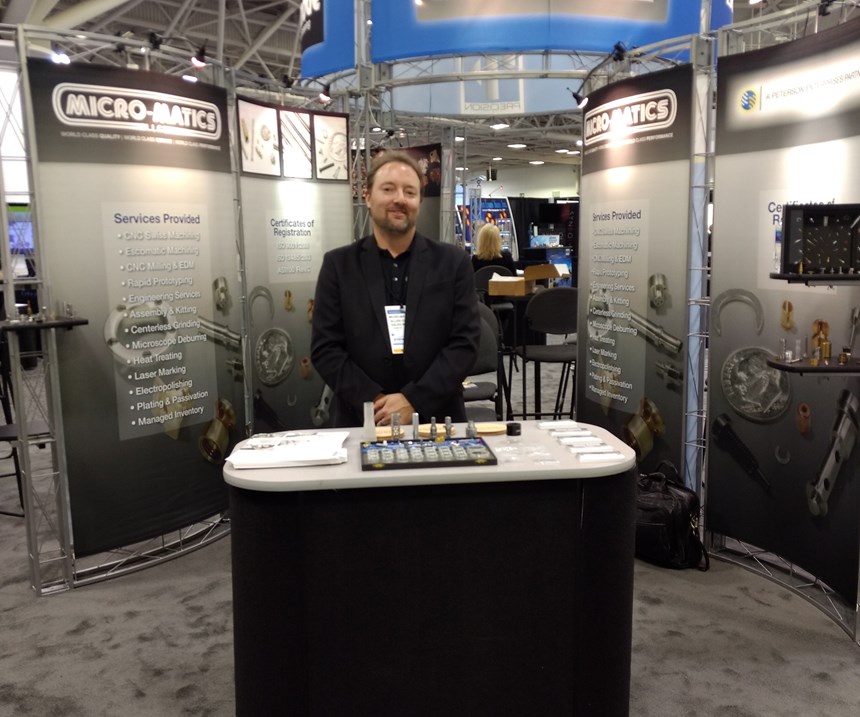
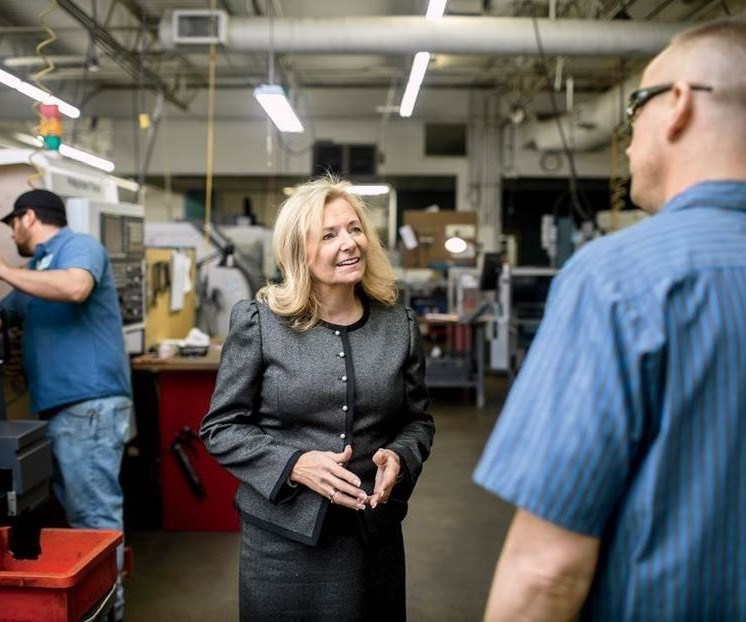
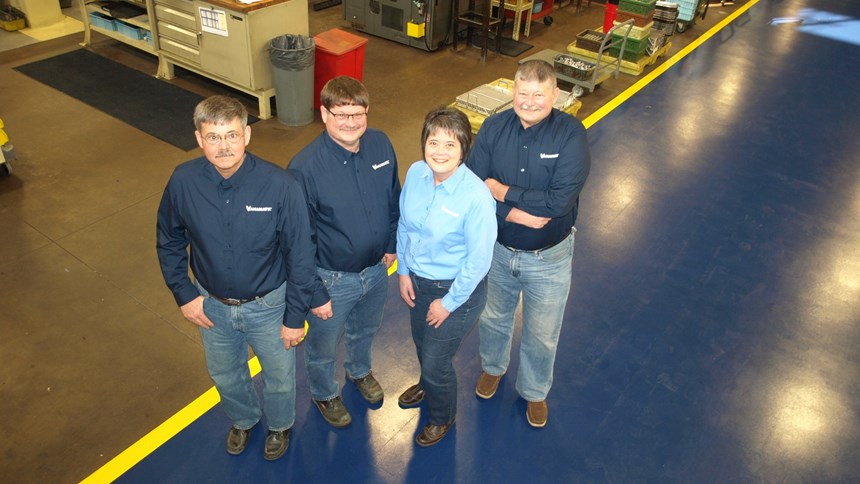
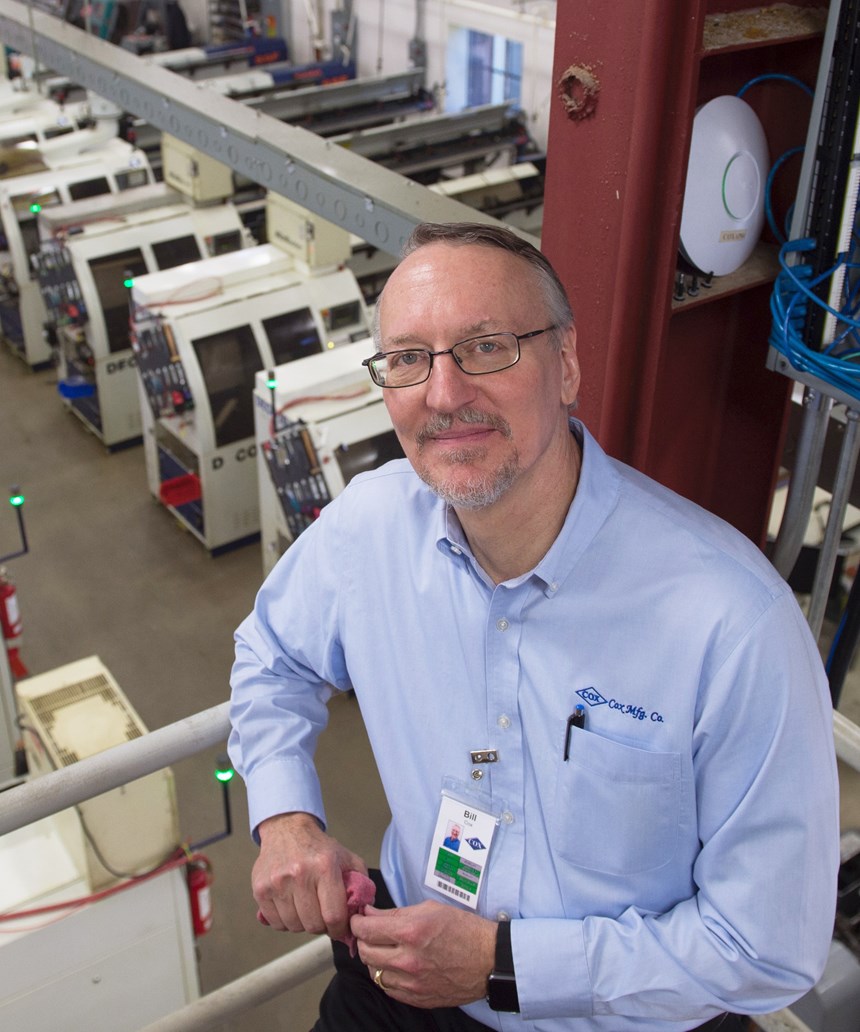
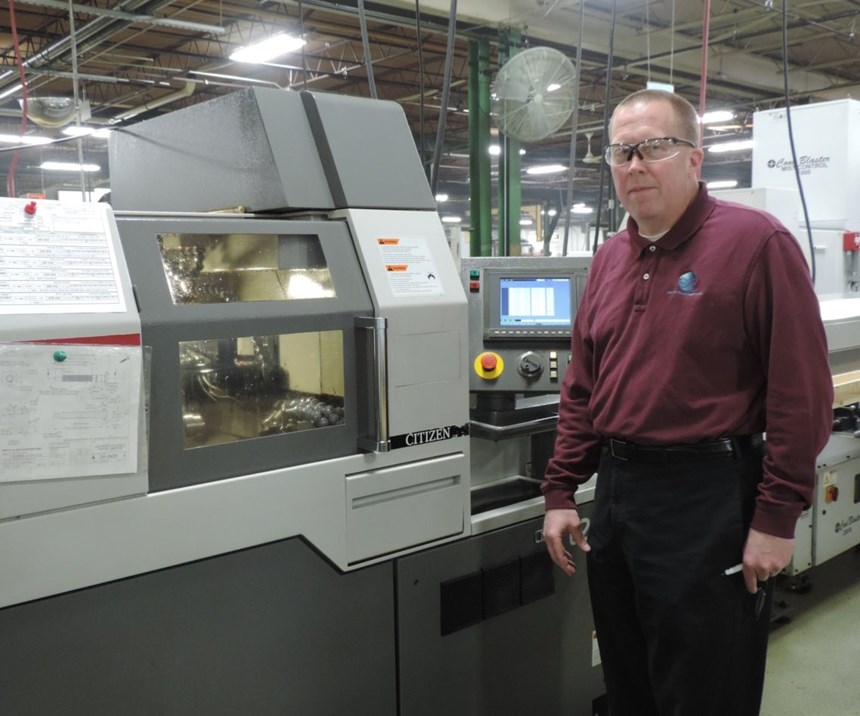


















.jpg;maxWidth=300;quality=90)







